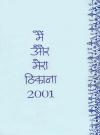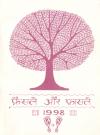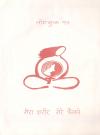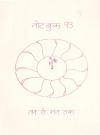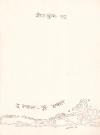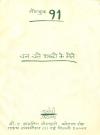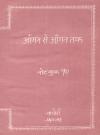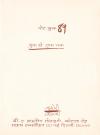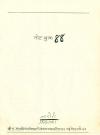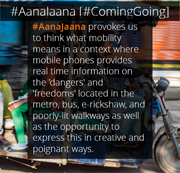Notebooks/Diaries
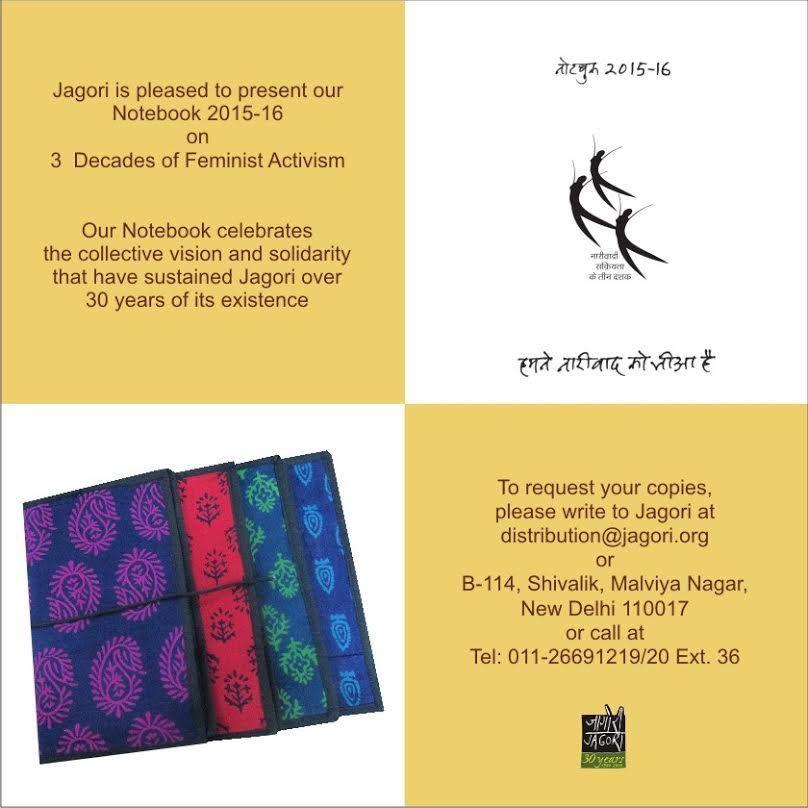
The Jagori notebooks, or diaries as they are sometimes called, are a collection of drawings and poems embodying a creative expression of women's lives and experiences. Unique in form, content and process, they embody the articulation of women who have been part of the team and the constituencies of urban and rural women that Jagori works with.

